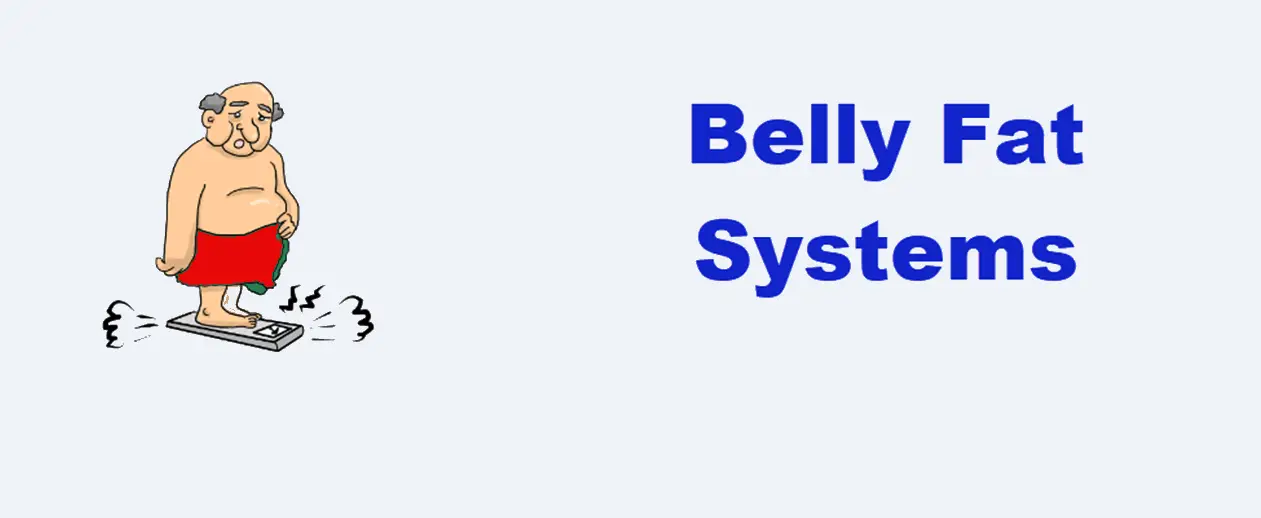
Researchers conducted a recent study and discovered that drinking coffee enriched with chlorogenic acid can aid in the reduction of abdominal fat in women. Coffee alone will not make you gain weight.
Caffeine increases the release of two key stress-fighting hormones: epinephrine and norepinephrine. Both substances play an essential role during times of anxiety or tension.
1. It raises cortisol levels
Under stress, your hypothalamus sends signals to the adrenal glands to secrete cortisol. The hormone then raises blood sugar levels and provides energy for navigating difficult situations; any additional blood sugar not used as fuel will be stored as fat; typically belly fat which over time can lead to cardiovascular diseases and diabetes.
Some may mistakenly believe that coffee and other caffeinated beverages, like iced tea, can increase cortisol levels and cause weight gain; however, high cortisol levels are the real source of belly fat accumulation rather than caffeine itself.
Coffee should be enjoyed without added sugar to limit calorie consumption, as its sugary drinks contain too many extra calories quickly. Many don’t realize that even “healthy” options like fruit juices and acai smoothies contain an array of calories that add up quickly.
An excessive consumption of coffee may lead to water retention and make you feel bloated and fatigued, the best way to combat these side-effects being by drinking the necessary balance of water and protein throughout the day.
There are also natural ways to reduce cortisol levels, including getting enough rest, saying no to non-mandatory events and projects at work, avoiding processed food products, meditating and exercising regularly. Diets that claim to lower cortisol typically don’t work; for best results it is wiser to consume a well-rounded diet rich in plants, lean proteins and healthy fats.
2. It increases insulin levels
Trying to understand why your abdominal fat persists but cannot, the key could lie with insulin levels. Insulin helps balance blood sugar levels; but too much of it will store calories as fat while slowing metabolism and creating an “apple shape” body type leading to weight gain around the abdomen.
One study reported that drinking coffee containing chlorogenic acid reduced abdominal fat in overweight participants by increasing the rate at which fats are broken down and increasing lipase activity, an enzyme which aids digestion and promotes weight loss. It may also have had an anti-inflammatory effect, something common with chronic diseases like diabetes or metabolic syndrome21.
Coffee can also help reduce belly fat by helping reduce water retention, which can make you appear puffy and tired. Caffeine in coffee may stimulate kidneys to flush excess fluid out of the body. This can make you feel less bloated while simultaneously improving physical performance while exercising.
Note, though, that too much sweetener or creamer should not be added to your coffee drink; doing so can add extra calories without providing any real nutritional benefit and may increase cortisol and belly fat production. Instead, try sprinkling cinnamon into your drink for extra flavor without an increase in cortisol production or belly fat accumulation.
3. It increases glucose levels
Caffeine may help kick-start your morning, but its stimulation can also cause your blood sugar to spike and contribute to obesity and diabetes risk. Insulin, the hormone responsible for clearing glucose from your system, stores fat by blocking release of fatty acids.
Belly fat is one of the most dangerous forms of body fat. It encases your organs, increases risk for cardiovascular disease and diabetes and can even shorten life expectancy. A recent study demonstrates how drinking coffee may help decrease belly fat. Researchers discovered that women who drink two or three cups per day tend to have lower percentages of stomach fat compared with women who don’t drink coffee; overall they also have less overall fat and more “good” omega-3 fatty acids in their systems than their non-drinking peers.
Scientists analyzed data from short and long-term clinical trials. They studied average glucose and insulin AUC values among healthy participants as well as those living with Type 2 diabetes, in addition to studying their glycaemic control and body weight during these trials.
This team conducted a comparison between glucose and insulin responses of participants who consumed decaf coffee, regular coffee or placebo to those who drank pure caffeine and found that both decaf and regular coffee both produced lower glucose responses than pure caffeine; suggesting there may be compounds present in coffee that slow glucose uptake into bodily tissues or increase absorption into them – this might explain why coffee helps with abdominal fat reduction.
4. It raises blood pressure
Visceral fat, or belly fat, can be a dangerous type of body fat that increases risk factors like diabetes and heart disease. According to studies, caffeine may help people shed visceral fat faster by stimulating thermogenesis; researchers discovered that those who regularly drank coffee experienced less visceral fat – an encouraging sign for their overall wellbeing.
Coffee contains caffeine as its primary stimulant, and this substance can temporarily raise heart rates and blood pressure temporarily; however, these effects should subside quickly so as to make you feel more energetic. Caffeine also has some ability to increase basal metabolic rates for up to 30 minutes at most.
Coffee’s chlorogenic acid plays an integral role in helping you shed extra weight by decreasing water retention and increasing metabolism. It does so by stimulating your liver to break down fat during digestion, and by increasing lipase, an enzyme responsible for breaking down fatty acids.
As part of your weight-loss efforts, the best way to enjoy your morning cup of joe is to stick with black coffee without adding extra sugar or creamer. Soluble fiber found in coffee beans provides important nutritional support; adding cinnamon powder will enhance its delicious taste without increasing caloric intake.
5. It raises blood sugar levels
As such, in order to effectively lose belly fat with coffee consumption alone, a healthy diet must also be adhered to. While caffeine in coffee may increase metabolism and help with weight loss, too much caffeine consumption may cause insomnia, anxiety and dehydration – which will inevitably contribute to weight gain as well as hinder your physical performance during exercises.
Protein in coffee can help you combat belly fat by keeping hunger at bay, building lean muscle mass and decreasing body fat. Protein powders are an ideal way to add this nutritious component, as they usually come with few calories per gram of protein. You could also try adding lemon slices as this boosts immunity while giving the drink an appealing zesty aroma and fresh flavor.
Coffee’s polyphenols may also stimulate autophagy, an immune-enhancing process which allows your body to rid itself of inflammation and toxins more effectively – potentially aiding with long-term belly fat loss.
However, if you are on a keto diet or using intermittent fasting to meet weight loss and metabolic health goals, coffee consumption should be limited and any creamers or additives high in calories should be avoided. Furthermore, coffee should only be drunk occasionally so as to not interfere with timed eating windows and the time-restricted eating window.
Overall, coffee can be part of a healthy diet, particularly if working with a registered dietitian to reach your belly fat loss goals. But remember: for best results in belly fat reduction it is crucial to focus on whole, nutritious foods while engaging in physical exercise.



